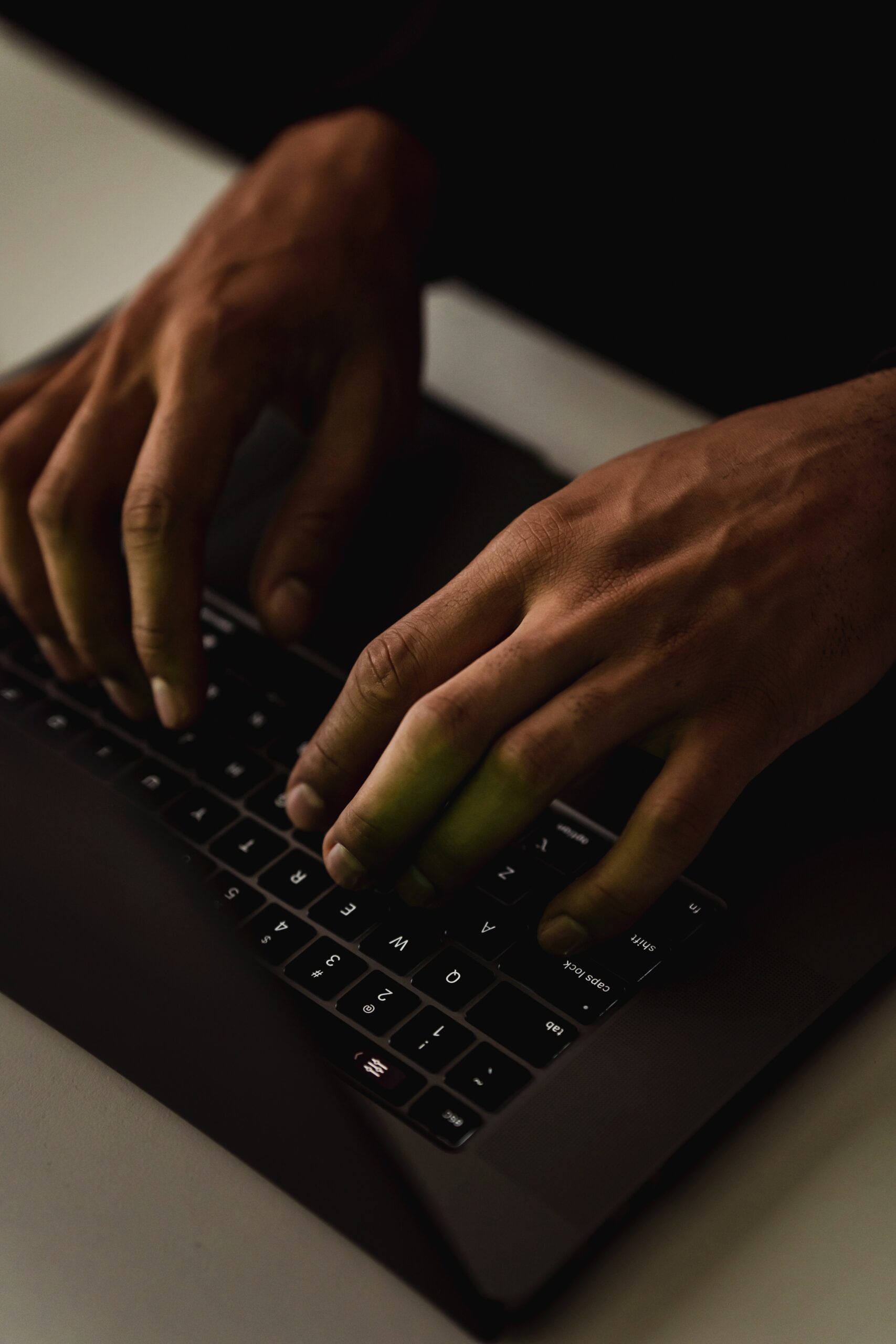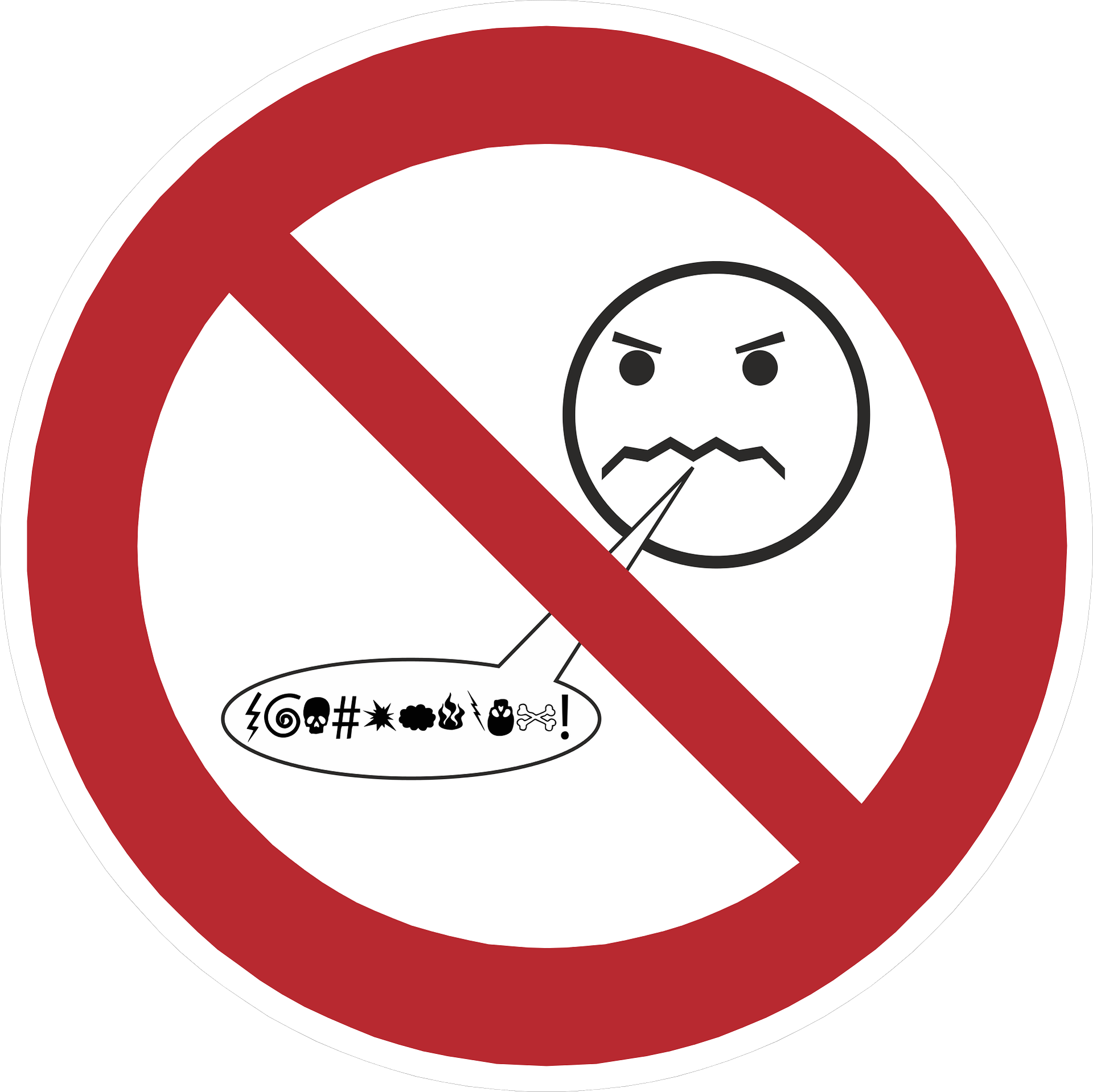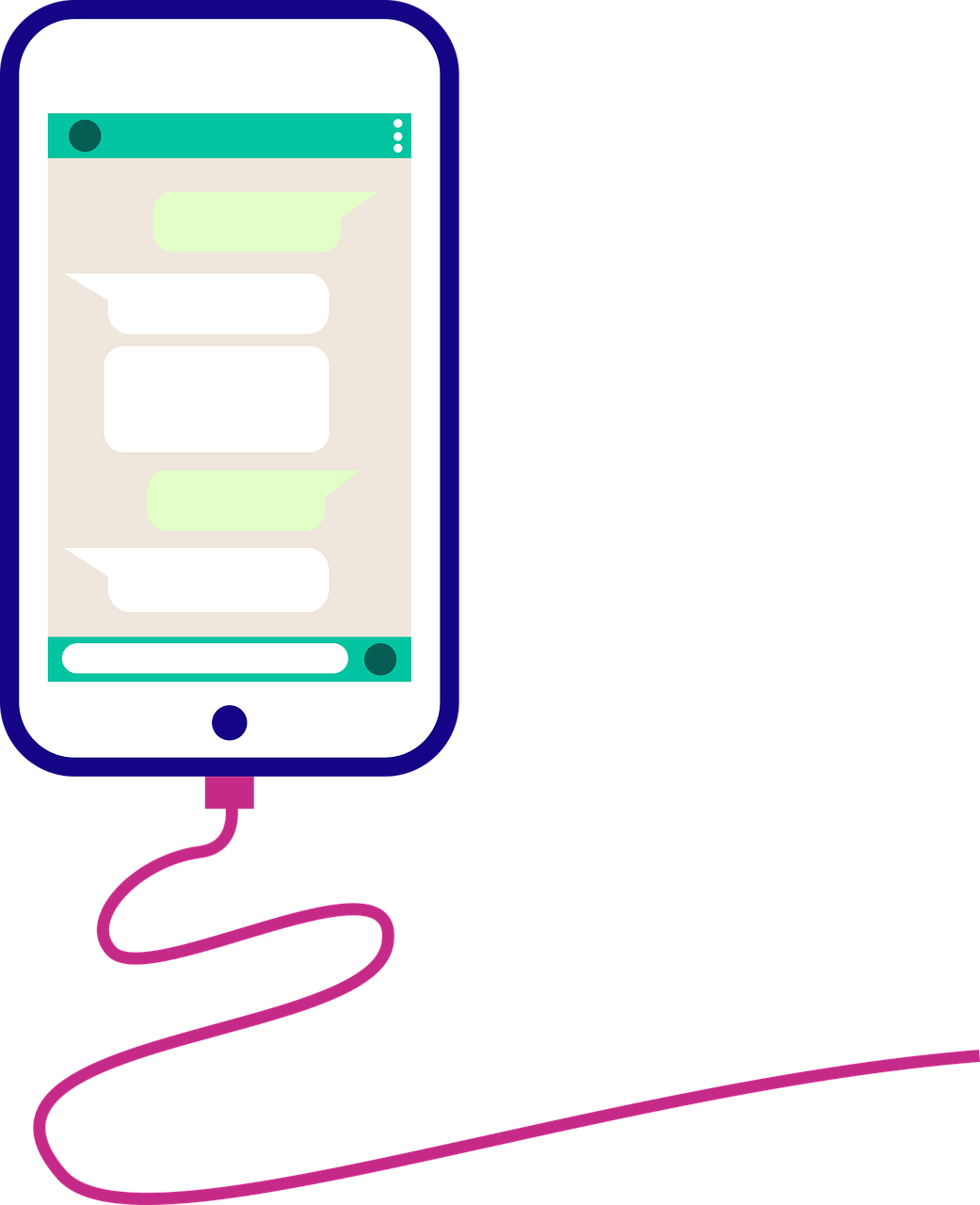Proudly Safe SA
ENHANCING E-SAFETY AND COMMUNITY CONNECTION FOR LGBTIQA+ YOUNG PEOPLE
Discrimination and hate online
According to research, the LGBTIQ+ community in Australia experiences online hate at more than twice the national average. It is important to recognize that online hate and discrimination can also come from within the community. We all have a responsibility to ensure that the online world is a safe and inclusive place for everyone.
Source: Adults’ negative online experiences.

Definition of online hate
Online hate is any form of online communication that targets, discriminates against, insults, or uses hateful language against an individual or group based on their race, religion, ethnicity, gender, sexual orientation, or disability. While there is no globally accepted legal definition of online hate, it is important to distinguish between freedom of opinion and expression and openly hateful behavior. Digital platforms can unfortunately facilitate both.
Keep in mind that your online comments and messages can significantly affect the mental health and well-being of others.
Strategies to avoid engaging in online hate

Try to maintain a positive, upbeat, or informative tone on social media.
If you are feeling angry or upset, avoid using social media as an outlet for your negative emotions.
Only share information that adds value to the conversation.
If you don’t have anything to contribute that would be helpful or informative, it is best not to post it.
Instead of being offensive, try to provide information and facts to support your position.
While it is acceptable to challenge negative behaviour online, it is important to be respectful in your communication.
Remember that the online world is an extension of everyday life.
If you would not feel comfortable saying something to someone in person, it is best not to say it online.
Keep in mind that a screenshot can last forever.
Your online comments could potentially cause problems for you or affect your job prospects in the future, even if they were made many years ago.
Online hate targeting the LGBTIQA+ community
The LGBTIQA+ community is sometimes targeted by individuals or groups that discriminate against them. These individuals or groups may use social media to disseminate online hate.
“It was a hobby that brought me a lot of joy and gave me a sense of creativity and freedom. However, as soon as I started making videos about my experiences as a LGBTIQA+ person, I encountered a new type of negativity. One day, I uploaded a video discussing my experiences as a gay man, and I was shocked by the comments I received. People were leaving hateful and homophobic remarks, attacking my identity and calling me all sorts of slurs. I was devastated. At first, I felt like I should just ignore the comments and move on. But the more comments I received, the more I felt like I was being attacked from all sides. I started to question whether I should continue making videos and putting myself out there. However, with the support of my friends and family, I was able to find the strength to push through. I realised that the hate comments were not a reflection of my worth or my talents. I also learned that hate comments are not just a problem for me – they are a problem for the entire online community.
I decided to take a stand against hate comments by speaking out and raising awareness about the impact they can have. I also reported the comments to YouTube and asked them to take action against the users who were leaving the hate comments.”
– Stas*
Tips to deal with online hate
- Take Screenshots
If you are experiencing online abuse, it is important to collect evidence by taking screenshots of the chat or post. This evidence may be necessary when reporting the abuse to online services, the police, or eSafety. For more information on how to collect evidence, visit this page.
- Report Hurtful Content
To report harmful content, you can use the links provided in the eSafety Guide to report the posts or profiles to the relevant app, service, or platform. If the harmful content meets the legal definition of adult cyber abuse and the service or platform does not address the issue within 48 hours, you can also report it to eSafety.

- Block The Unwanted Contact
To prevent further contact with someone who is abusive online, you can use in-app functions or browser settings to mute, unfollow, or block the person and adjust your privacy settings. The eSafety Guide provides information on important online safety features for various online services, including dating apps.
- Use In App Moderation Tools
If your post is being flooded with negative comments, you can delete the comments after taking screenshots for evidence (in case you need it later). Many online services also offer the option to disable comments or use moderation tools that allow you to block or filter content containing specific keywords. You may also be able to restrict comments and direct messages from people who are not following your account.
Online hate from within the LGBTIQA+ community
Online hate and discrimination can also originate within the LGBTIQA+ community. While it is important to address negative behaviour, it is crucial to do so in a factual and non-offensive manner. Always prioritise your mental health and well-being.
“However, I found solace in online communities specifically for women, where I felt like I could connect with others who understood my experiences and struggles. However, that all changed when I started openly identifying as a trans woman online. I was shocked by the amount of hostility I encountered from some members of these women’s communities. They accused me of not being a “real” woman and of taking up space that was meant for cisgender women only. I was excluded from online conversations and events, and I felt like I was no longer welcome in these spaces. The exclusion was incredibly hurtful and made me feel like I was not valued or accepted for who I was. I felt like I was losing a crucial source of support and community just because of my gender identity.”
– Emma*
“I felt like I was being excluded and rejected by both straight and LGBTIQA+ communities because of my sexuality. I also encountered biphobia in my personal relationships. I dated both men and women, and I often found that people were uncomfortable or dismissive of my bisexuality. I felt like I was constantly having to defend and explain myself, and I often felt like I was not being fully accepted for who I was.”
– Meera*
